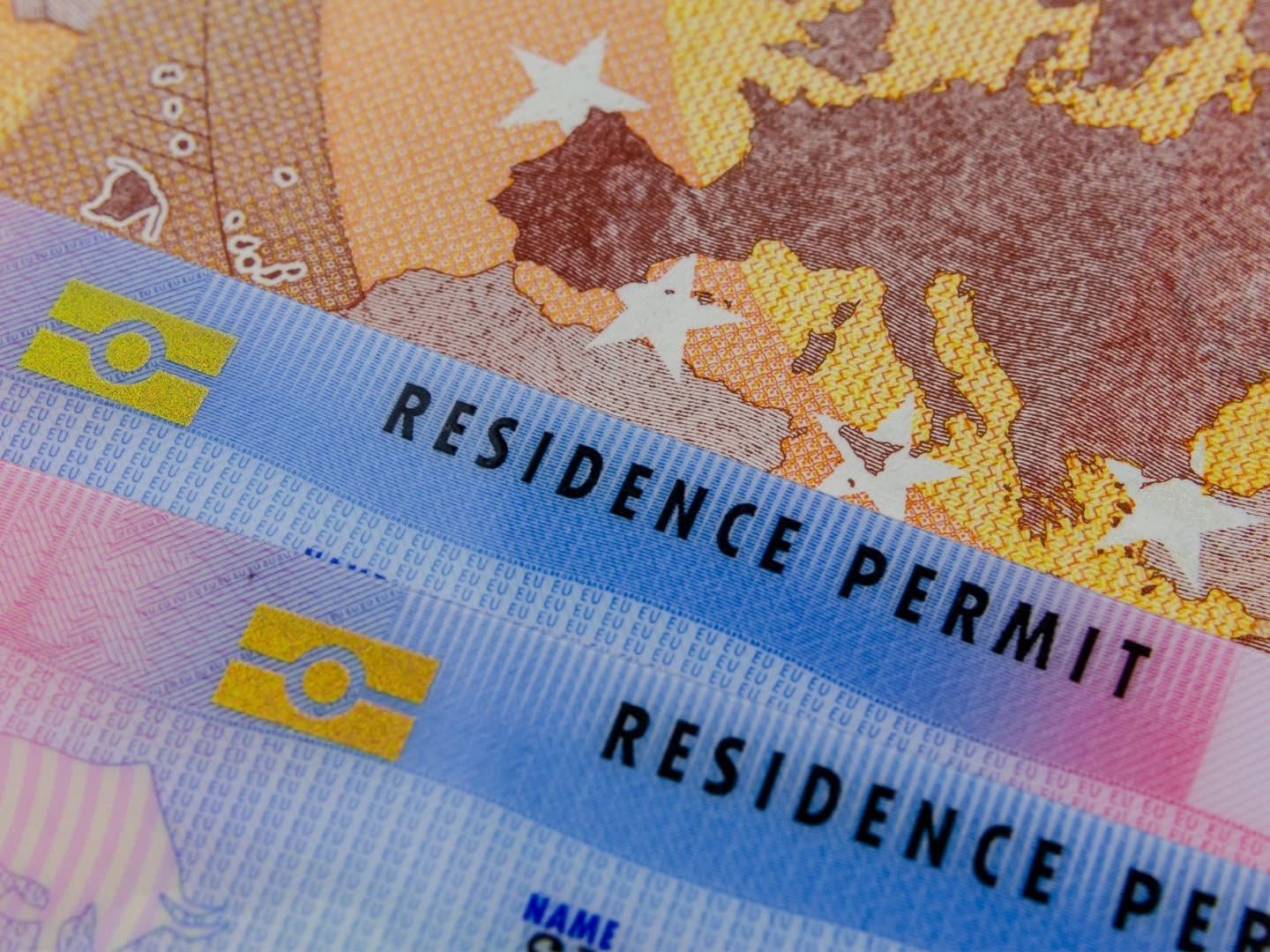Belgium healthcare system and health insurance for expats in Belgium
Belgian health insurance is mandatory. Find out the ins and outs of Belgian healthcare and how to get public health insurance as an expat.
Angelina
Moving to Belgium? It’s a good idea to get a hang of the Belgian healthcare system and insurance in advance as it’s mandatory for all residents.
We know you've got a ton of other things to do, so to spare you the stress, let’s quickly dive into:
- the ins and out of the Belgium healthcare system
- who needs health insurance in Belgium
- how to register for public health insurance
- private healthcare in Belgium
- mental healthcare in Belgium
Here we go!
Belgium healthcare system
The Belgian healthcare system is predominantly public, funded by social security contributions and health insurance funds. It’s run by the Belgian government on federal and regional levels, with the responsibility shared among Federal Public Service Social Security, the National Institute for Sickness and Disability Insurance (INAMI), and the Dutch-, French-, and German-speaking communities' Ministries of Health.
Belgian healthcare isn’t free. To have access to public healthcare in Belgium you need to be registered with a social security fund and a public health insurance fund (ziekenfonds or mutualiteit) and pay monthly social insurance contributions.
Belgian public health insurance covers:
- 50-75% of the costs for doctors, hospitals, and clinics
- up to 20% of prescription costs
- basic dental costs
- maternity cost
There are 2 ways of getting your medical expenses reimbursed, which depend on your medical care provider:
- your insurance pays the medical care provider directly and you only need to pay the patient fee
- you have to pay upfront and get a partial refund from your Belgian health insurance fund by submitting a medical receipt (attestation de soins donnés / detuigschrift voor verstrekte hulp)
And keep in mind that most of the GPs still accept cash only.

Who needs health insurance in Belgium?
Everyone is obliged to have health insurance in Belgium.
Namely, Belgian residents must register with a public health insurance fund in Belgium when:
- they’re older than 25 years
- they’re younger than 25 years and employed or receive benefits.
As an employee, a part of your Belgian salary is withheld from your income to pay social security contributions. But signing up for a health insurance fund of your choice is still necessary.
As a self-employed professional, it’s your responsibility to register with both a social security fund and a health insurance fund of your choice.
Health insurance for EEA nationals and Switzerland
EU citizens, and nationals of EEA countries and Switzerland covered by public health insurance in their home country must request a European Health Insurance Card (EHIC) before arriving in Belgium. Each country establishes its own length of validity of EHIC abroad.
The EHIC card will reimburse 75% of the costs for all urgent medical care in Belgium. So, make sure you take it to all your doctor’s appointments and pharmacies. In most cases, you'll have to pay the whole sum of medical expenses and then claim reimbursement from any Belgian mutualité / ziekenfond of your choice.
That said, the EHIC card doesn’t cover:
- repatriation to your home country
- private healthcare
- planned treatments
- travel insurance
And even though you don’t have to register with the Belgian health insurance fund for as long as your EHIC is valid, it brings benefits such as:
- coverage of non-urgent medical care
- quicker medical costs reimbursement
If the whole duration of your stay is not covered with EHIC, taking out Belgian public health insurance and paying a contribution is a must. The registration is free for those staying in Belgium for less than 1 year.
Health insurance for non Europeans
Unless you’re insured with a private insurance company, you must register with a Belgian health insurance fund and pay a contribution. You’ll only need your foreigner’s ID card when visiting a doctor or going to a pharmacy.
How to register for public health insurance

Before you've access to the public health insurance in Belgium, you need to follow these 2 steps:
1. Register for social security.
Registering for social security is normally done by your employer. Otherwise, you must visit your nearest social security office with these documents:
- your passport
- your Belgian ID or the Annex 15 if you’re still waiting for your residence card
- your bank account number
- proof of your Belgian address, such as a recent utility bill
If you're self-employed you need to register with social insurance fund for self-employed persons.
2. Join a Belgian public health insurance fund (mutuelle/ ziekenfond).
Most of the mutuelles / ziekenfonds are aligned with a political or religious group. Though they usually provide similar services, which is why some employers enrol you in one automatically.
List of popular public health insurance companies in Belgium
A few Belgian public health insurance funds specifically cater to expats and have websites available in English:
- Business & Expats Health insurance: Belgian health insurance for expats
- CM: Christian health insurance fund
Others are only available in Dutch and French:
- Partenamut: no political, religious or economic affiliation
- Socialistische Mutualiteit Brabant: non-profit health socialist insurance fund
Belgian health insurance costs
Legal contribution
As an employed person, you pay your social security contribution of 13.07% of your salary each month. It's deducted automatically, so you don't have to do anything yourself. Your employer tops it up with an even bigger percentage of around 27%.
Self-employed workers usually pay a higher percentage of their income to social security contributions than salaried workers. That percentage is usually defined by their income.
As an unemployed person (e.g. non-working student), you don't pay social security contributions but you still must register in the health insurance fund and pay a quarterly legal contribution. The amount you pay will depend on your taxable income in Belgium or abroad and ranges from €0 to €785,10 per quarter.
Membership fee
On top of the social security/ legal contributions, you must pay a membership fee to your health insurance fund. That membership fee is usually no more than €8 – €12/month and it covers any services beyond the compulsory health insurance provided by your fund.
Private healthcare in Belgium
To get complete coverage for your medical expenses, you can choose to get private health insurance on top of the subsidised one. Your private health insurance then covers your patient fee and offers a range of other benefits such as:
- coverage of a wider range of treatments, ambulance transport, overnight stays in hospital and surgery
- shorter waiting periods
- more English-speaking doctors
List of private health insurance companies in Belgium
Some of the best private expat health insurance companies in Belgium include:
Mental healthcare in Belgium

There is generally less stigma surrounding mental health issues in Belgium and it’s becoming a more widely-discussed topic.
Mental health services in Belgium can be accessed through public and private providers. You can make an appointment with a mental healthcare professional directly without a referral from your GP/family doctor. However, it’s always a good thing to first consult your GP, so that they can help you find the right professional.
You can also look for help from charity organisations such as the CHS Mental Health Services Centre.
CHS provides services such as:
- counselling and psychotherapy
- 24/7 helpline offering crisis support
- information and practical advice
As they’re focused on helping expats in Belgium, they offer services in a range of languages, including English, French, Dutch, German, Catalan, Hebrew, Italian, Spanish, and Swedish.
Arranging Belgian healthcare is one of the final items on your relocation checklist. A few more steps and you’ll feel like a true local!
This article is for informational purposes only.
Please reach out to content @housinganywhere.com if you have any suggestions or questions about the content on this page. For legal advice or help with specific situations, we recommend you contact the appropriate authorities.
Related articles
In this article
Belgium healthcare system
Who needs health insurance in Belgium?
How to register for public health insurance
List of popular public health insurance companies in Belgium
Belgian health insurance costs
Private healthcare in Belgium
List of private health insurance companies in Belgium
Mental healthcare in Belgium
Moving to Belgium?
Find accommodation in cities across Belgium. Book the place of your dreams from verified landlords even before relocating!
Start my Search

